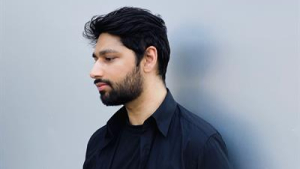Murad Khan is a course leader and senior lecturer at UAL's Creative Computing Institute. His research explores the relationship between pathology, perception and prediction across cognitive neuroscience and computer science, outlining a philosophy of noise and uncertainty in the development of predictive systems.
Contributors 2024
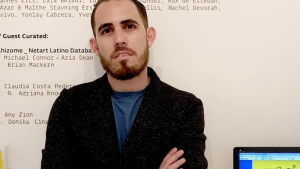
I am interested in informal methods of the distribution of information and goods, forms of social creativity in the face of scarcity, and the communities and human infrastructures that shape such practices. My projects are related to alternative networks, informal economies, and power structures. I pay particular attention to the alternative strategies that have emerged in the digital culture of my native Cuba, which are a response to the disconnection of my country from the global networks that control the Internet today.
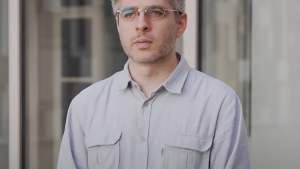
Nicolas Gourault is an artist and filmmaker based in Paris (FR) with a background in visual arts and visual studies. He has worked with Forensic Architecture before graduating from Le Fresnoy, Studio national des arts. His work is imbued with this double training, navigating between online open-source investigations and the critical use of new media as documentary tools. His films and video installations explore the power relationships embedded in technologies and tries to build counter-narratives through the use of situated testimony and experimental image making.
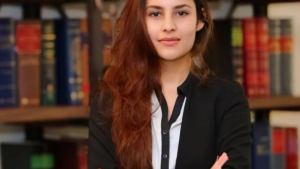
Niharika Singhal is a lawyer with a diverse international experience in IT laws, data protection, intellectual property, FinTech and Artificial Intelligence, having worked in India, UK, Spain, Germany and Estonia. She has worked as a legal counsel in one of the top tier international law firms as well as a judicial and academic researcher and has been awarded professional fellowships in the internet governance space in the Asia Pacific region.

Ola Bonati is a researcher and storyteller working on topics exploring the implications of various technologies on our culture. In her work, she investigates the consequences of Web 3.0 hype, politics of design, digital monopolies, platform labor, and individual digital habits. She frequently turns to writing (ranting) about technology but remains hopeful and playful by creating critical new media pieces and interactive workshops.
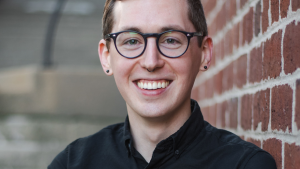
Paris Marx is a Canadian tech critic and host of the award-winning Tech Won’t Save Us podcast. His work appears in major publications and has been translated into dozens of languages. Paris also writes the Disconnect newsletter and is the author of Road to Nowhere: What Silicon Valley Gets Wrong about the Future of Transportation.
Image credit: Tania Heath
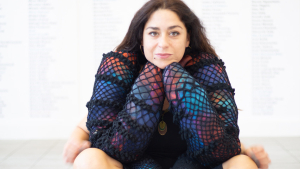
Patrícia J. Reis (b. 1981, Lisbon, Pt) is a media artist and researcher whose practice encompasses various formats and media to examine the human relationships with technology with a particular focus on feminism, sensuality, and haptics. She studied Painting at ESAD.cr in Caldas da Rainha, Pt, graduating in 2004. She completed a Master's program in Media Art at Lusófona University in Lisbon, Pt, in 2011. She holds a Ph.D. in Art from the University of Évora, Pt, earned in 2016.
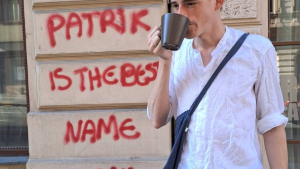
Patrick Derieg is an ethical coder and a former traveling musician, whose journey through diverse creative realms has culminated in founding a software company dedicated to democratizing access to advanced AI technologies. With a deep-seated belief in FOSS principles, Patrick is developing a framework designed to empower software developers by simplifying the complexities of integrating, deploying, and utilizing Large Language Models and other AI/ML solutions.
Philip Leitner works on the themes of randomness, space and intervention, the fortress europe and technopolitics.
Leitner has been operating autonomous server infrastructure for more than 20 years and is a hacker, developer, media activist and musician.


